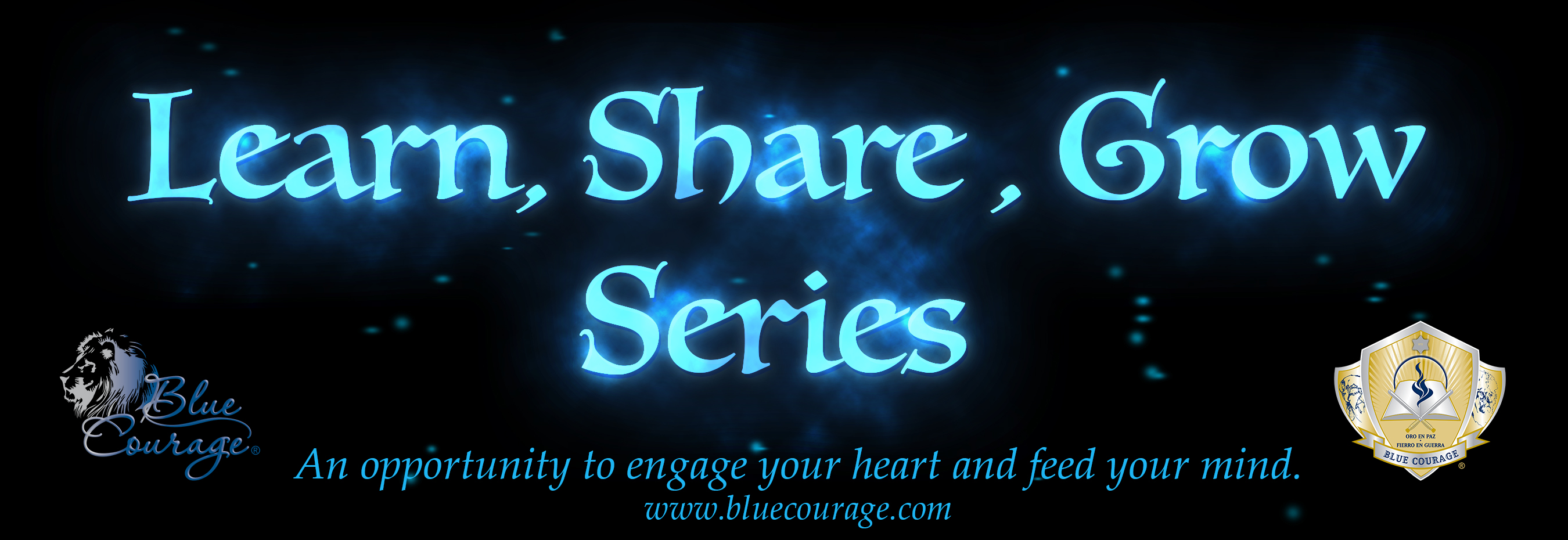Learn, Share, Grow - The Importance of Sleep: Part 2

September 12, 2022
Below is a lesson from The Economist on what happens when we sleep, as well as our key learnings.
The Blue Courage team is dedicated to continual learning and growth. We have adopted a concept from Simon Sinek’s Start With Why team called “Learn, Share, Grow”. We are constantly finding great articles, videos, and readings that have so much learning. As we learn new and great things, this new knowledge should be shared for everyone to then grow from.
What Happens When We Sleep?
Watch here.
Key Learnings:
- Sleep is regulated by your circadian rhythm or body clock located in the brain, which responds to light cues and ramps up melatonin at night and switches it off when it senses light.
On a good night, we cycle through four stages of sleep four or five times. - Stages one and two are a light sleep and a transition from being awake to falling asleep. Heart rate and breathing begin to slow, body temperature falls, muscles may twitch.
- Stage three, Delta sleep - slow delta brainwaves are released, is the first stage of deep sleep. Our cells produce the most growth hormones to service bones and muscles and allows the body to repair itself.
- Stage four is where we begin to dream and the body creates chemicals that render the body temporarily paralyzed so we don’t act out our dreams. The brain is very active, our eyes dart back and forth (rapid eye movement)
- Humans spend roughly 1/3 of their life asleep (25-30 years average in a lifetime), sleeping less than people did a century ago.
- Sleeping less than 7 hours a night increases risk of developing chronic conditions like obesity, diabetes, heart disease, which could reduce life expectancy
Stay connected with news and updates!
Join our mailing list to receive the latest news and updates from our team.
Don't worry, your information will not be shared.
We hate SPAM. We will never sell your information, for any reason.

